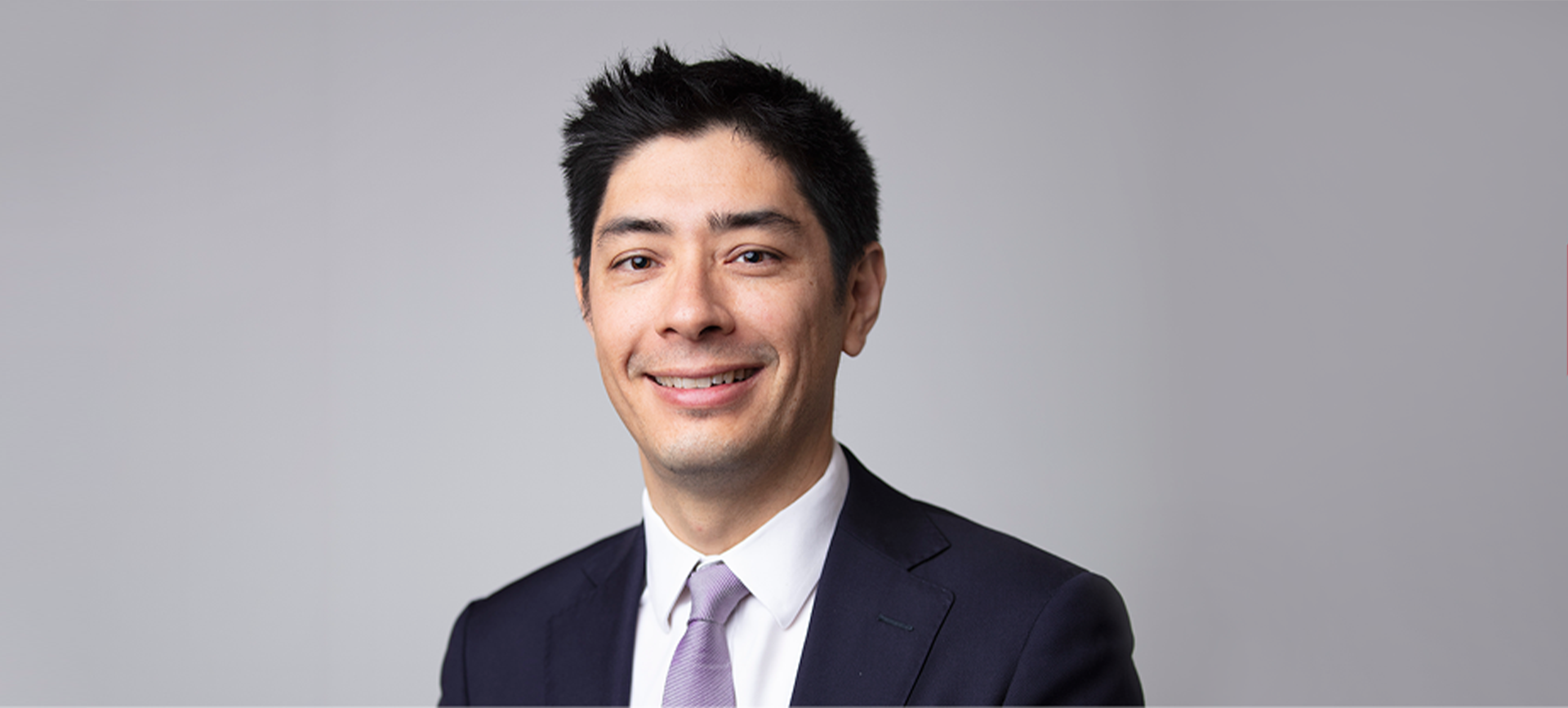Can managers drive profit and growth while also being sustainable? It is a key question for our time, as record corporate profits and record global warming figures are posted simultaneously.
Like all faculties at the University, Macquarie Business School is focusing its scholarly expertise in finding solutions to help achieve the United Nations Sustainable Development Goals. Many of the issues being addressed by the goals have conflicting pressures at their centre – one of the most problematic being the need to generate the economic growth that is required to lift people out of poverty while also protecting the natural environment from irreversible degradation.
This conflict is studied in a branch of organisational theory called paradox theory – the argument that actors need to accept and engage with tensions, rather than try to resolve them, to be successful. And it’s not just at global or national scales where contradictory challenges occur. Managers face them daily, and they can also be felt at individual level – often most potently in the effort to balance work and life.
Macquarie Business School was pleased to host an expert in paradox theory over the past six months, as part of our thriving Visiting International and Domestic Scholar Award program.
Professor Wendy Smith is a leading management scholar and Professor of Management at the University of Delaware. She argues that in order to be successful, managers should shift from ‘either/or’ thinking to ‘both/and’ thinking. (I recommend Professor Smith’s co-authored book on this subject Both/And Thinking: Embracing Creative Tensions to Solve Your Toughest Problems, as well as the accompanying piece in the Harvard Business Review).
Professor Smith notes, “Managers don’t have to choose between conflicting pressures – they can benefit from engaging with competing demands simultaneously to produce more creative, generative solutions.”
Together with colleagues across the faculty, I have been working with Professor Smith to advance several themes of paradox theory, with applications to issues of social entrepreneurship, sustainability and organisational theory and strategy.
We have also created a community of scholars across Sydney and beyond, to explore social enterprises through the lens of paradox theory – led by Associate Professor Anna Krzeminska – and we are progressing a new project about how climate negotiators in the COP climate conferences can use their personal position, and the position of their home country, to navigate complex tensions.
There are many pressing issues that can be tackled using organisational theory, including within universities like Macquarie. Professor Smith and I are exploring how we can inform and develop future leadership in higher education through books and leadership training.
I am grateful to Professor Smith and our other academic visitors, for their valuable contribution to the work we do at Macquarie Business School, and for helping us extend our research impact to the world.


 Back to homepage
Back to homepage
Hi,
thank you for introducing the concept of the paradox theory to me. I am in Applied BioSciences, and I think that this approach may have relevance in my own area of Integrated Pest Management (IPM). In IPM we have to navigate the need for long term sustainability against short term profits, as well as contend with belief paradigms both on the side of researchers and growers.
If possible, I would like to connect with you and discuss your work more. Best regards, Mary